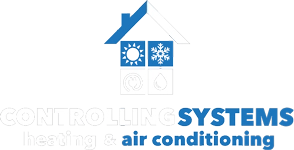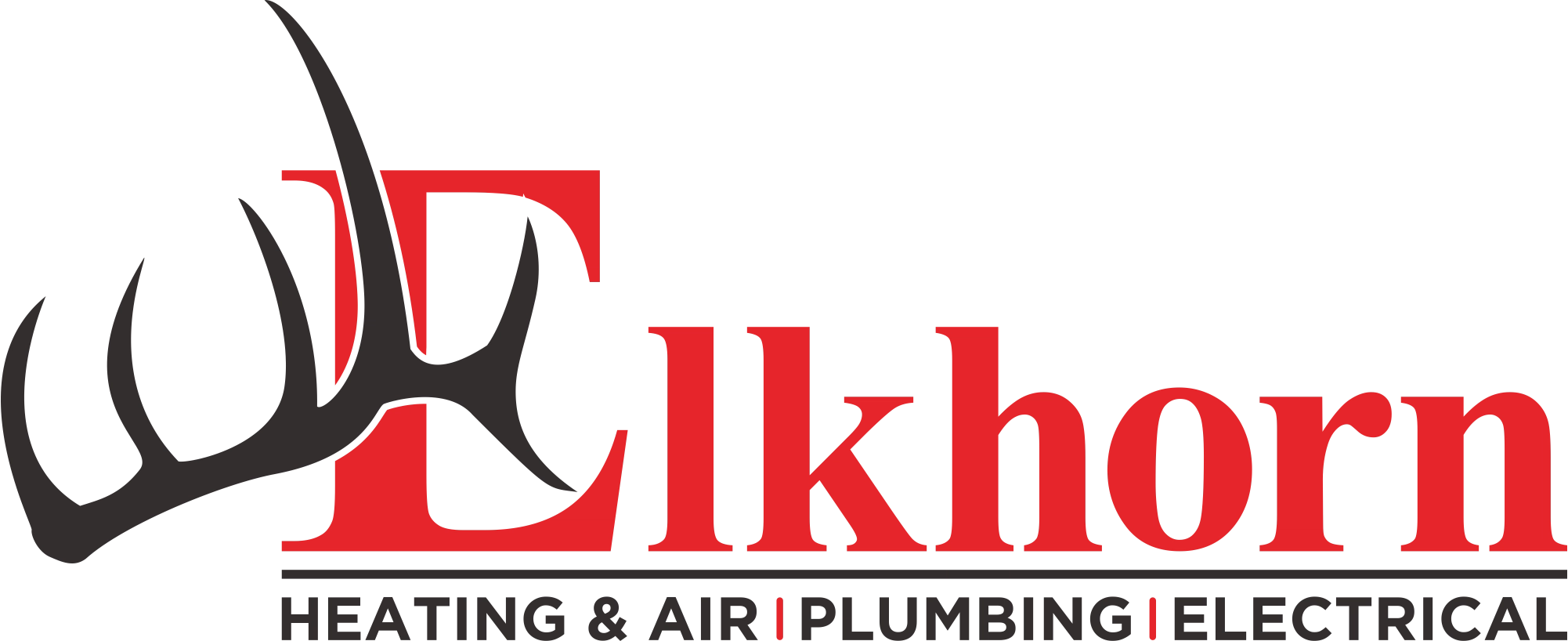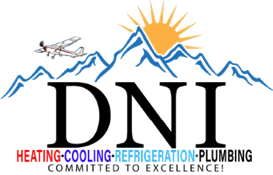Give us a call now for an immediate match with a local pro.
Click to Call(833) 824-3371(833) 824-3371
Last Updated: February 25, 2025
According to the Department of Energy, approximately 55% of the energy used in American homes is used for heating and cooling. You want to be comfortable in your Denver home, but you also don't want to be wasting your money on ineffective cooling and heating.
The right HVAC contractor can get your system into shape for a reasonable price, saving you money while keeping your home comfortable. That's why we've put together this guide to the top HVAC companies in Denver.

Our Rating
User Rating
Clear pricing policy
Informative resources
Prompt service delivery
Reliable customer support
Free quotes
Services Offered

Our Rating
User Rating
Informative resources
Free quotes
Clear pricing policy
Prompt service delivery
Services Offered

Our Rating
User Rating
Prompt service delivery
Free quotes
Informative resources
Reliable customer support
Clear pricing policy
Services Offered

Our Rating
User Rating
Informative resources
Clear pricing policy
Reliable customer support
Free quotes
Services Offered

Our Rating
User Rating
Reliable customer support
Free quotes
Informative resources
Clear pricing policy
Prompt service delivery
Services Offered

Our Rating
User Rating
Reliable customer support
Free quotes
Clear pricing policy
Informative resources
Prompt service delivery
Services Offered

Our Rating
User Rating
Reliable customer support
Free quotes
Prompt service delivery
Informative resources
Clear pricing policy
Services Offered

Our Rating
User Rating
Informative resources
Reliable customer support
Clear pricing policy
Free quotes
Services Offered

Our Rating
User Rating
Informative resources
Clear pricing policy
Free quotes
Reliable customer support
Services Offered

Our Rating
User Rating
Informative resources
Free quotes
Clear pricing policy
Prompt service delivery
Services Offered
Today's Homeowner looks at dozens of datapoints on hvac companies to come up with our data-driven rankings. It's not possible for a company to pay for preferential treatment in our rankings. We look at the following key factors in determining who should top our list:
If your HVAC system is faulty or getting near the end of its lifespan, it likely needs servicing or replacement from an HVAC company. Look for these signs your system needs service:
These HVAC red flags indicate that you should have your system evaluated. A local provider can complete an inspection, diagnose problems, and recommend repairing or replacing your HVAC unit.
Your HVAC installation or maintenance cost changes depending on the type of unit. Common HVAC unit varieties include the following:
The price of HVAC maintenance also depends on what kind of work being done. HVAC systems are complex and may require different kinds of maintenance. The prices of some common jobs are as follows:
| HVAC Unit Type | Cost | |
|---|---|---|
| Split | $2,000-$5,099 | |
| Hybrid Split | $4,053-$7,467 | |
| Heat Pump | $3,138-$31,976 | |
| Packaged Heating and Air | $263-$438 |
Repairing or replacing your HVAC system when needed is important, but can be costly. Luckily, there are steps you can take to slow the wear and tear on your system.
| Service | Cost | |
|---|---|---|
| Filter Replacement | $66-$175 | |
| Condensor Cleaning | $1,313-$3,939 | |
| Thermostat Repair | $88-$219 | |
| Ductwork Cleaning | $420-$1,050 |
Knowing the right things to look for in an HVAC company is key for a smooth installation or repair. Picking an established business with certified technicians gives you assurance your HVAC system will deliver consistent heating and cooling year-round.
Contact at least three HVAC companies for quotes. Describe the issues and have specialists visit to inspect your HVAC system if possible. Compare the companies' explanations, solutions, estimated costs, timeframes, and warranties. Avoid providers that pressure you or demand payment upfront.
Choose an HVAC company with skilled technicians who have appropriate licensing and experience. HVAC contractors in all states have federal requirements set by the Environmental Protection Agency (EPA). To obtain the EPA Section 608 Technician Certification, individuals must pass an exam (the specific exam depends on the kind of equipment they intend to work with). Section 608 certification is required for all technicians who "maintain, service, repair or dispose of equipment that could release refrigerants into the atmosphere." All other licensing requirements are handled at the state level.
There are no state-level licensing requirements for HVAC technicians in Colorado; however, anyone who runs an HVAC business is required to have a Colorado business license, plus insurance. It's a good idea to check with your municipal government to determine if there are local licensing requirements for HVAC contractors. Additionally, contractors that do plumbing or electrical work in addition to HVAC work must register with the State Plumbing Board or the Colorado Electrical Board, respectively. Always check a company's reviews and complaints with organizations such as the Better Business Bureau (BBB), Google Reviews, and Yelp. Choose a provider with glowing reviews and stories of positive service experiences.
Always make sure you understand the details of your project. When HVAC repairs are required, your provider should detail which parts need replacement and why. Confirm that your technician will clean and test your system after repairs are completed to ensure that it’s working properly. When replacing your HVAC system, ask the contractor to describe the new estimated installation time, brand, features, model, and energy efficiency. Before signing a contract, ask how your provider plans to accurately size the unit for your home and how much it will cost.
A trustworthy HVAC company will back its repair services and installations with a warranty. The longer and more comprehensive the warranty coverage, the better. Carefully review warranty terms for each contractor and choose the provider that offers the greatest protection within your budget.
Get a written quote before HVAC work starts. A full quote includes both labor and material costs. Make sure you understand and agree to all terms before signing the contract.
Typically, your HVAC system should be inspected twice a year. After that inspection, your technician will tell you what, if any, services are required. You should also have an inspection if you start to notice any issues, such as unusual smells, strange noises, or leaks. If you have ductwork in your home, it should be serviced every few years.
The best times to have your HVAC system inspected are the spring and fall. Technicians tend to be less busy during these times, which makes it easier to get an appointment. This also helps get your system ready for the summer and winter, which is when it normally sees the most use.
You can save energy throughout the year by making it easier for your HVAC system to maintain your home's temperature. Always keep your thermostat as close to the outside temperature as is comfortable, and avoid making drastic changes — adjust it only a few degrees at once. You might also consider purchasing a smart thermostat.
Generally, HVAC installation or replacement takes between one and three days for the entire system. Installing or replacing an air conditioning unit or a furnace takes anywhere from about half a day up to two days. The exact amount of time will depend on things like the size of your home, how easily accessible different sections are, and whether your technician runs into any problems.
For a 2,000-square-foot home, you should look for around 2.5 to 5 tons of air conditioning capacity. For homes over 1,000 square feet, central air will usually be more effective than window units for cooling.
For a 2,000-square-foot home, you'll also look for a furnace that is between 50,000 and 80,000 BTUs (British thermal units).
Your HVAC company might provide financing options through a third-party lender, or you might choose to obtain a loan on your own. It's smart to discuss payment options with a financial advisor and your HVAC company to make sure that you're choosing the best option for you.
There are a number of ways you can make your HVAC system more energy-efficient:
